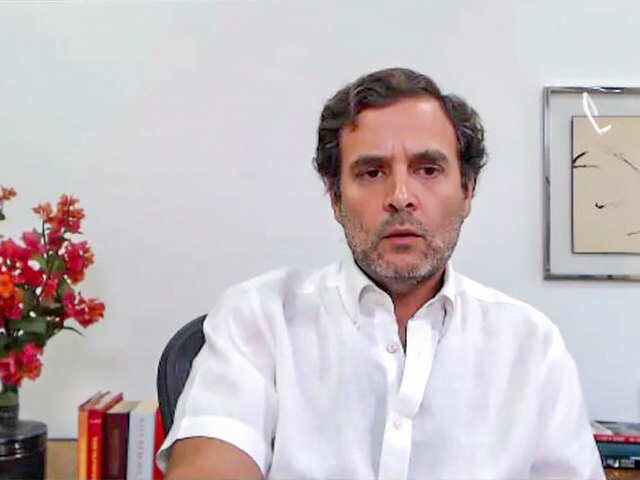New Delhi, Jan 1: Union Minister Prakash Javadekar launched a scathing attack on the Aam Aadmi Party and the Congress for allegedly inciting violence in Delhi against the Citizenship (Amendment) Act. Mr Javadekar said the violence over the amended citizenship law that broke out in areas like Jamia Nagar, Seelampur and Jama Masjid "cannot be forgiven".
"In Jamia, the Congress' Asib Khan and AAP's Amanatullah Khan delivered inciting speeches. They spread disinformation. The law is to give citizenship to people and not take citizenship away," Mr Javadekar told reporters.
He said the people of India understand the plans of the Congress and the AAP and both parties should apologise.
"We will bring out the truth. The fight is between anarchists and those who oppose them. Our agenda would be wholesome development of Delhi. The AAP strangulated municipal corporations' attempt on development. Rs 900 crore was not given. Today, the people of Delhi are surprised that the AAP slept through all these 4.5 years and in the remaining six months they have launched schemes," Mr Javadekar said.
"The work is done by someone else and the credit is taken by a different individual," the Union Minister said, referring to allegations that the government led by Chief Minister Arvind Kejriwal took credit for work done by BJP-ruled municipal agencies.
"Who did fogging in dengue season? Our corporations organised an awareness drive against water accumulation and dengue cases went down. During corporation polls, Kejriwal said don't choose BJP as dengue will claim lives. Now he is also claiming credit for decrease in dengue cases because of the work done by these corporations," Mr Javadekar said.
"I am an environment minister. We worked on pollution control. There is no limit to their (AAP's) lies. About unauthorised colonies, the AAP says we have not regularised it. We made a law signed by the President, yet they spread lies," Mr Javadekar said.
The election in Delhi will be held before the end of February.






Comments
Wash you face with cow urine !!!
sorry sorry with DOG URINE...
you will be enlightened...
get lost moron...from wher u came....rat hole or A@@ hole
Don’t pollute Delhi. Leave them alone.
Every citizen including your own BJP minded people all are very happy with Kerjrival and Aam Admi Party.
Every citizen in Delhi are very very happy.
For God sake leave alone, don’t disturb them as spoiled in other parts of the country.
Add new comment